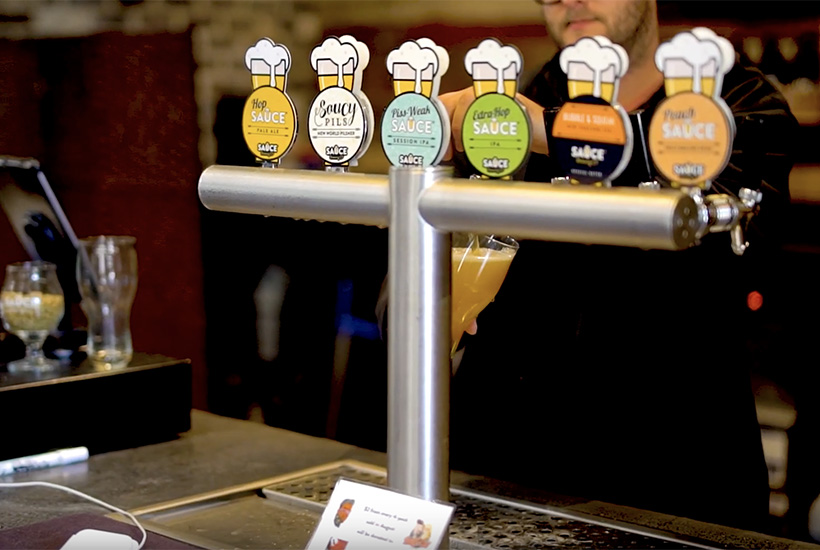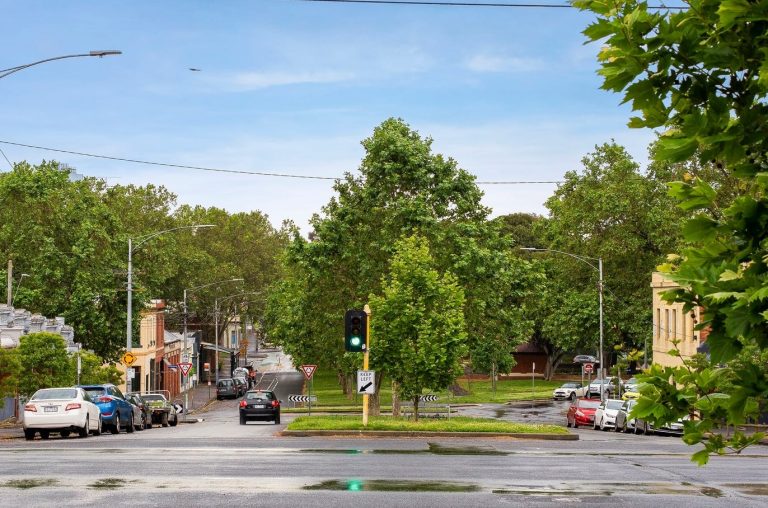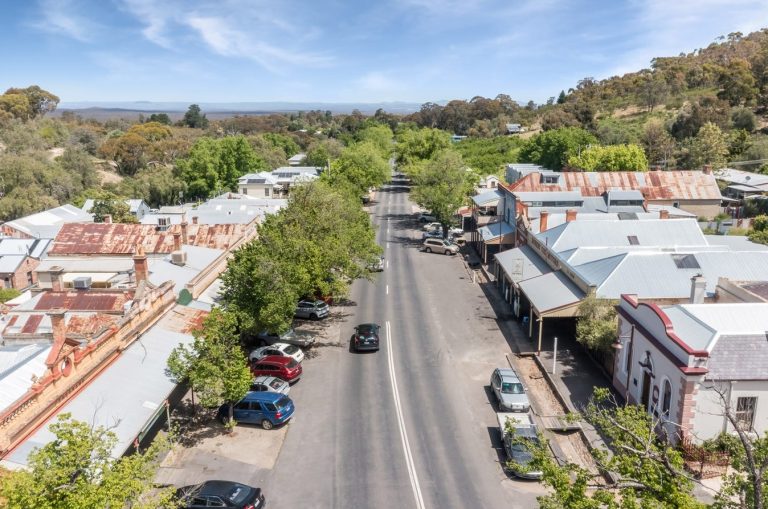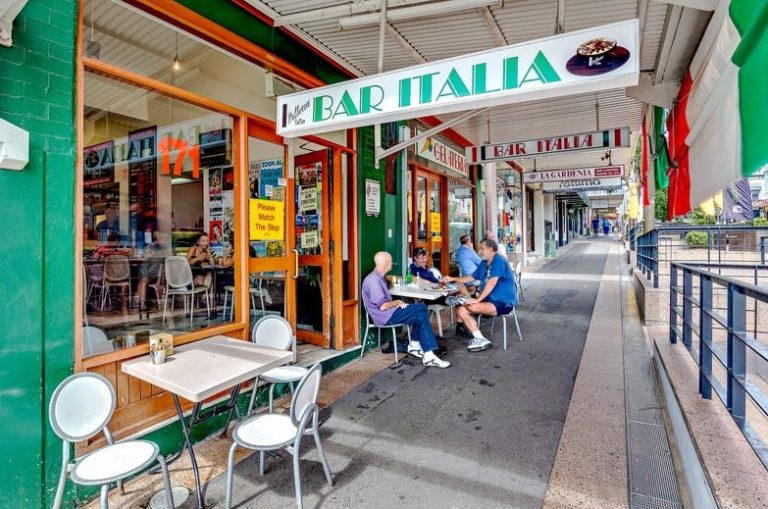Small Business Tips: Sauce Brewing Co.

Spending 20 years at a telecommunications company isn’t the most traditional path to launching a small business.
And particularly when that small business is a beer brewing company.
But when your passion keeps calling you, sometimes it can pay to listen to your heart.
For Sauce Brewing Co’s Mike Clarke, a long-time love of crafting his own ales was enough for him to take the plunge a four years ago, quitting his telco job and taking the first steps towards owning his own microbrewery.
In 2017 he was ready to open the doors to Sauce Brewing Co at Marrickville in Sydney’s inner west, and today the microbrewery is booming – producing between 300,000 and 350,000 litres of beer every year and employing a staff of 15.
Of course, starting a small business from scratch is never all smooth sailing, and Clarke says he learned his fair share of lessons along the way.
Expect the unexpected
“The biggest thing you need to know if you’re going to start any business is be ready for the unexpected,” Clarke says.
“Things can and will go wrong. Delays can and will happen, so you’ve got to have a pretty thick skin and be pretty ready and resilient, and adaptable to dealing with things as they come along.”
“Be ready for delays and a lot of pain the planning laws legislation and councils, and in our case, liquor licensing.”

Sauce Brewing Co has a bar area where patrons can sample their wares.
Budget blowouts
Unsurprisingly for businesses based around large and specialised equipment, cash is always a concern when you’re starting out.
“The biggest things that generally hit breweries, or similar businesses, is lack of capital, so plan and plan ahead,” Clarke says.
“Budget what you think it’s going to cost to build, and then double it and you’ll probably get it about right.”
“Everything costs more than you think it will.”
Research the right site
Clark says researching your market thoroughly and finding the right site in the right location is time very well spent.
“The first 12 months were research, research, research, and finding a site, and that’s where Realcommercial came in. We probably spent nine or 10 months looking for a suitable site before we found one that was going to work.”
“In our case we needed a suitable site for a brewery that could also have a tap room where you can have people coming in and trying the beer. It had to be an industrial space but that wasn’t too far away from people.”

Sauce Brewing Co. has been able to expand.
Room to grow
What happens if your small business is a runaway success?
Committing to a property but then finding you’ve run out of space within the first year or two could hinder your business’ ability to grow, so finding a property that can grow with you is important, and was a constant consideration when Clarke was selecting a site.
“The way we laid out the brewery was so we could expand by putting in larger tanks, so the floor plan had a lot of time and thought put into workflows, upgradability and expansion plans,” he says.
“Where we are we’ve got no real space to expand out, but we’ve got very high roofs so we can expand up. So we can put in a couple of larger tanks to cope with more volume next year during the summer peak.”







